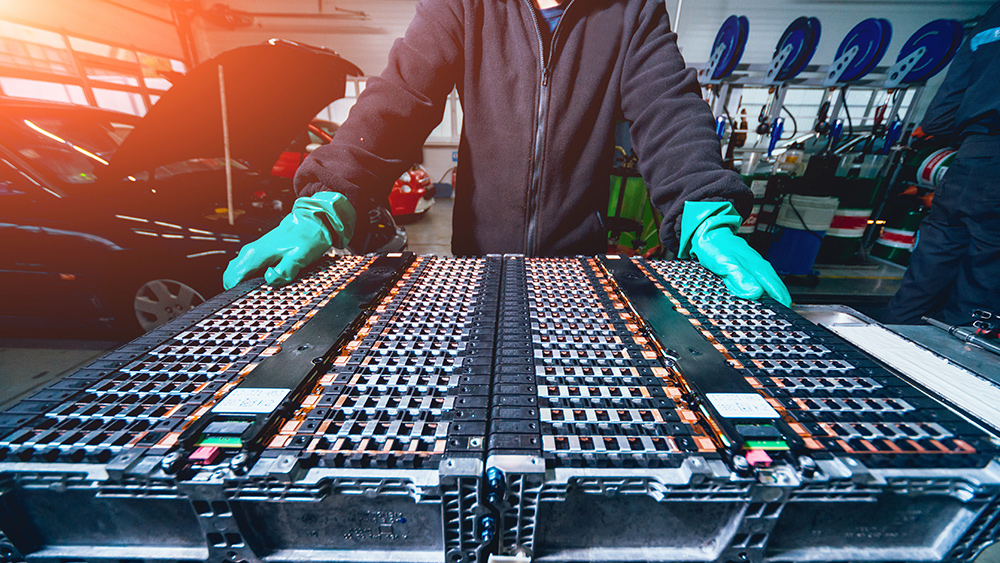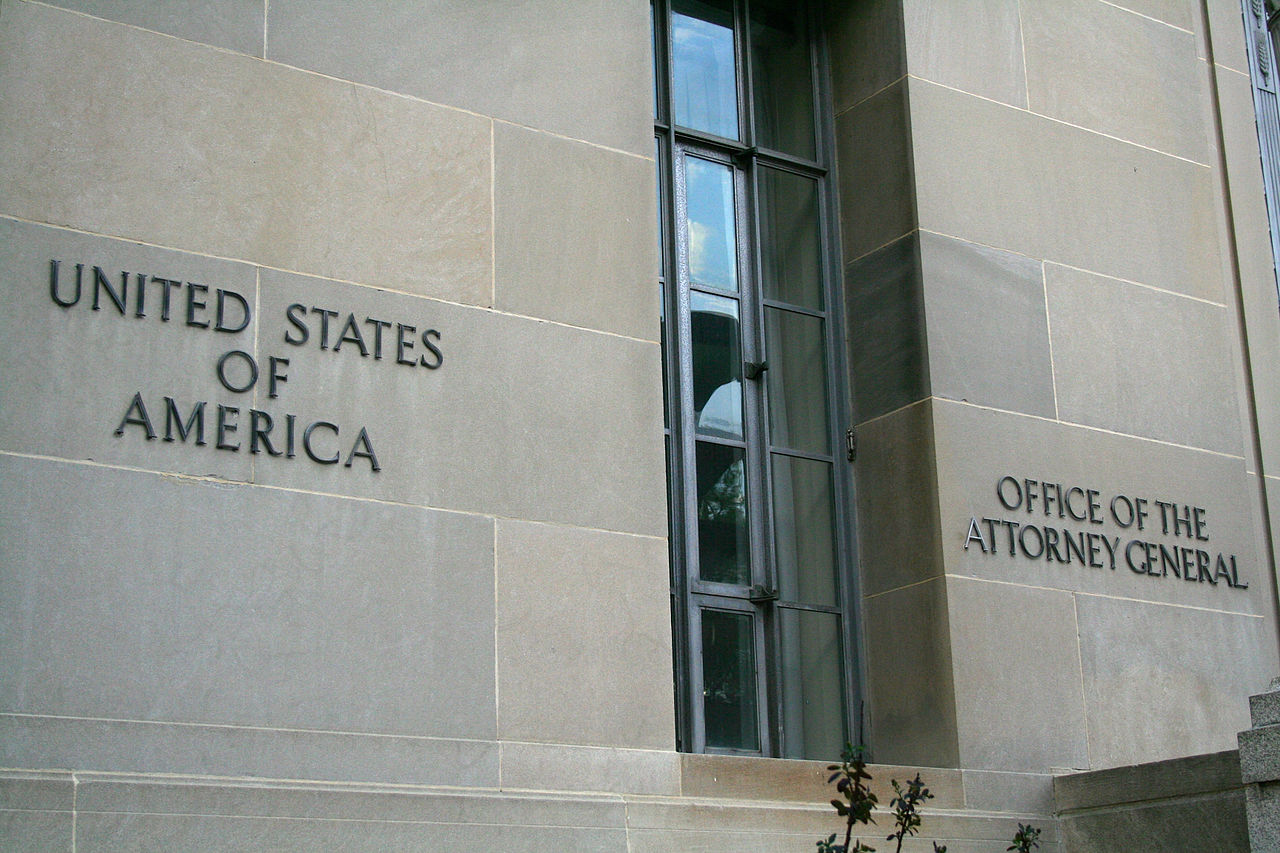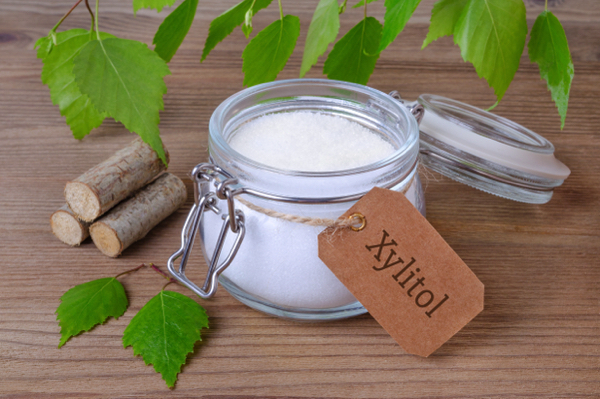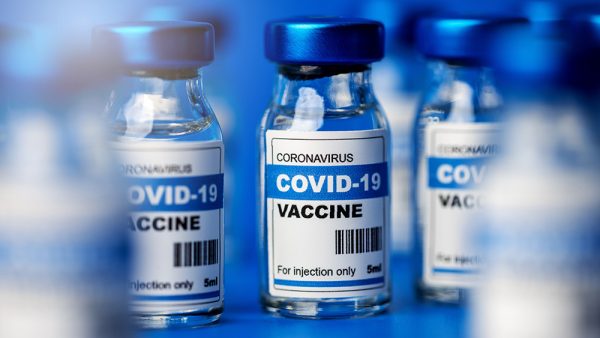 Parler
Parler Gab
Gab
- Sodium-ion batteries leverage cheap, abundant materials, slashing costs compared to lithium-ion.
- Heiwit’s residential battery boasts 95% efficiency, 6,500 cycles, and superior thermal stability.
- Unlike lithium, sodium avoids geopolitical supply chain conflicts and environmental destruction.
- Italy is leading Europe’s push for sodium-ion adoption, reducing dependence on China’s lithium stranglehold.
- The technology could revolutionize home energy storage, electric vehicles, and grid resilience.
The lithium trap: Why the world needs an alternative
Lithium-ion batteries have long been marketed as the pinnacle of energy storage, but their downsides are staggering. Lithium mining ravages ecosystems, exploits vulnerable labor forces, and fuels geopolitical tensions. China controls nearly 60% of global lithium refining, creating a dangerous dependency for Western nations. Meanwhile, lithium batteries degrade quickly, pose fire risks, and cost up to 30 times more than sodium-based alternatives. The environmental toll of lithium extraction is irreversible, contaminating water supplies and displacing indigenous communities in South America’s "Lithium Triangle." Additionally, the energy-intensive refining process undermines lithium’s supposed green credentials, emitting significant CO₂ per ton produced. With demand skyrocketing, lithium shortages could stall the renewable energy transition, leaving nations scrambling for alternatives. Sodium-ion technology dismantles these barriers. Derived from salt—a resource available in every nation—sodium eliminates the need for exploitative mining practices. Heiwit’s battery, with its -10°C to 55°C operational range and 100% depth of discharge, proves that sustainability doesn’t mean sacrificing performance. Unlike lithium, sodium-ion cells maintain stability under extreme conditions, reducing the need for complex cooling systems in EVs and grid storage.Italy’s bold bet on energy independence
Europe is waking up to the potential of sodium-ion batteries, and Italy is at the forefront. At a recent Milan conference hosted by RSE (Ricerca sul Sistema Energetico), researchers, policymakers, and industry leaders rallied behind sodium-ion technology as a pathway to energy sovereignty. “The main advantage is sustainability through non-critical materials,” said Omar Perego, RSE project manager. “Sodium is abundant and avoids the supply risks plaguing lithium.” With Europe importing over 90% of its lithium, sodium-ion batteries offer a strategic solution to reduce reliance on foreign-controlled supply chains. Italy’s push aligns with EU mandates for critical raw material autonomy, ensuring long-term energy security. Companies like Syensqo, Midac Batteries, and Alkeemia are already investing in sodium-ion production lines, signaling a shift away from lithium dependence. Regione Lombardia has pledged funding to accelerate innovation, recognizing that energy freedom begins with breaking corporate monopolies. These investments could position Italy as a global leader in sodium-ion manufacturing, fostering job growth and technological sovereignty while undercutting China’s lithium dominance.The future of home energy—and beyond
Heiwit’s residential battery is just the tip of the iceberg. Sodium-ion technology could transform electric vehicles, grid storage, and even small-scale renewables. With rapid charging (under two hours), minimal energy loss, and no overheating risks, these batteries are ideal for off-grid living, disaster resilience, and reducing reliance on centralized utilities. As CEO Alessandro Gallani noted, the system is already available for order, prioritizing “premium installers” first. This rollout strategy ensures quality control while paving the way for mass adoption. Early adopters will benefit from lower costs, longer lifespans, and safer operation—key advantages that lithium-ion systems struggle to match. The implications are profound. If sodium-ion batteries scale globally, they could democratize energy storage, empower homeowners, and weaken the grip of lithium cartels. The question isn’t whether sodium will replace lithium—it’s how quickly the establishment will try to suppress it. Fossil fuel and lithium interests may resist, but the economic and environmental logic of sodium-ion technology is undeniable. The energy revolution won’t be centralized—it will be decentralized, accessible, and free from geopolitical exploitation. Sources include: SodiumBatteryHub.com RSEWeb.it ESSNews.comFBI emails unmask DOJ’s weaponized scheme to criminalize Trump through fringe J6 choir claims
By Willow Tohi // Share
Supreme Court’s silence deepens fight for health freedom in Maine vaccine case
By Willow Tohi // Share
Russia to mandate state-backed digital ID app on all new devices starting September
By Laura Harris // Share
Health Ranger Report: Xlear’s Nathan Jones recounts his fight against government overreach
By Kevin Hughes // Share
Alberta ends free COVID-19 vaccines, angering province’s liberal politicians
By Ramon Tomey // Share
Cinnamon helps reduce high blood pressure
By newseditors // Share
Italian startup unveils groundbreaking sodium-ion battery for homes
By ljdevon // Share









